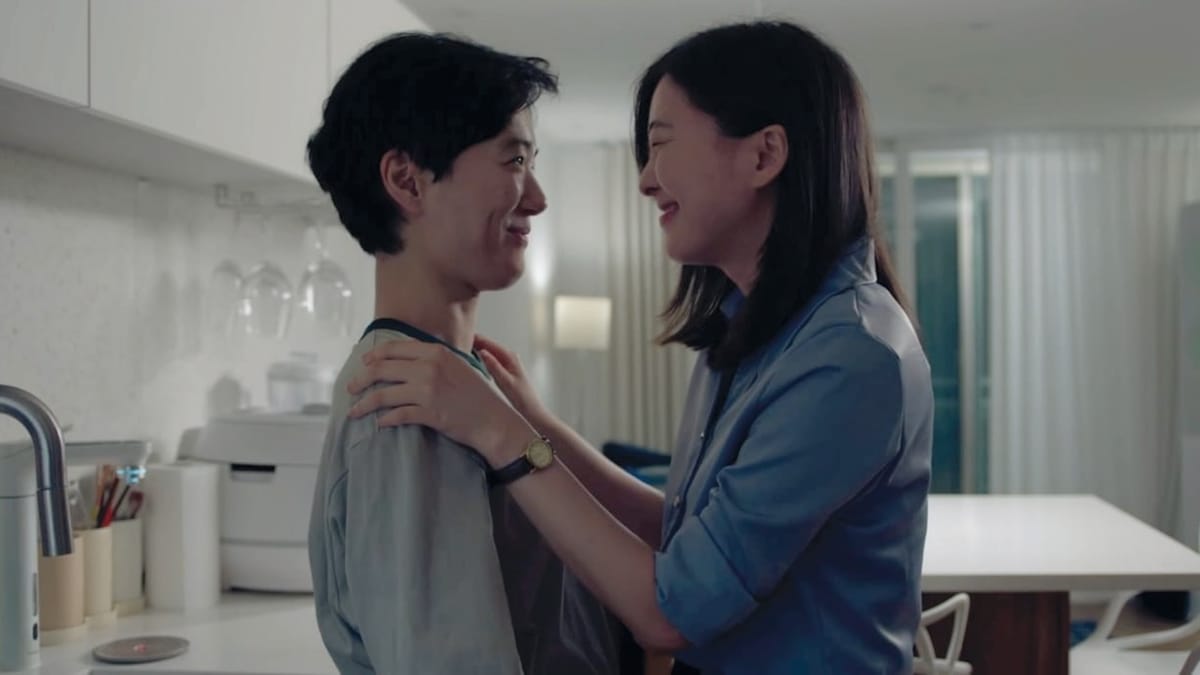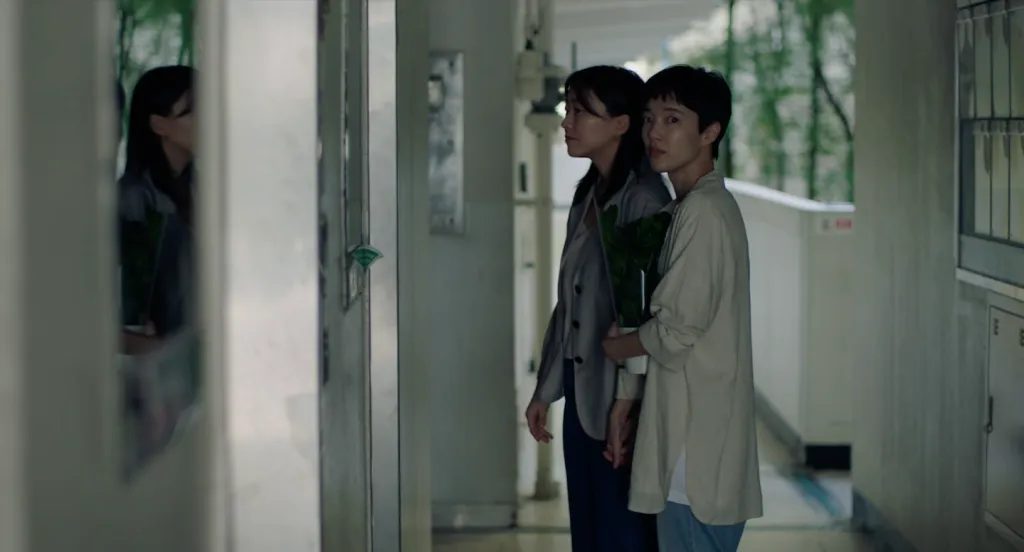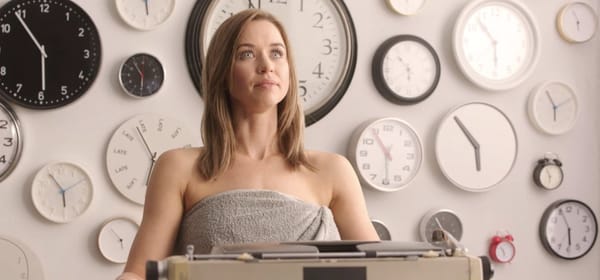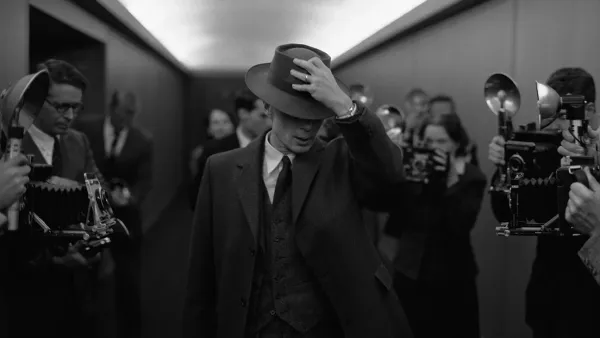Lucky, Apartment
One of my most anticipated of the festival did not disappoint - a thoroughly satisfying, moving exploration of how hidden joy can be as corrosive as hidden pain.

A film based around a scent is a strange concept, as scent is something which a film can never fully convey to an audience through the medium itself. While sounds and images can be experienced by viewers of a film in much the same way as the characters within it, this is not true of scent - instead, through visual clues and dialogue, scent in film is left to the audience’s imagination. Perhaps this works to the advantage of a film like Lucky, Apartment - in horror, it is often more powerful to leave the monster unseen so that viewers fill in the blanks with their own personal worst nightmare, and similarly, when watching Lucky, Apartment, I found my own nose wrinkling and face screwed up at the imagined stench.
But, anyway, Lucky, Apartment is less about the pungency of the odour itself, and more about what it exposes and uncovers. The film’s basic premise is this: a lesbian couple in South Korea are about to celebrate nine years together, but find themselves at odds when a foul smell invades their new apartment. When we meet Seonwoo (Sohn Suhyun) and Heeseo (Park Gayoung), their dynamic is already strained. They have recently put everything they have into buying a new apartment, and to make matters worse, Seonwoo has just sustained an injury that has left her temporarily unable to work. Heeseo is clearly resentful of Seonwoo’s inability to contribute financially, and is working constantly while Seonwoo stays home. One day, Seonwoo notices a terrible odour in the apartment, and becomes obsessed with discovering and dealing with its root cause.
Through her hunt for answers, we learn a great deal about the world in which Seonwoo and Heeseo are living, and how they are forced to hide the true nature of their relationship from strangers and loved ones alike. Despite almost everyone in their building being affected by it, Seonwoo is alone in her determination to deal with the stench seeping into their apartments, and seemingly the only person tormented by it. When she uncovers the source of the smell, and the story surrounding it, the gap between her and the rest of the world seems to grow larger than ever. Director Kangyu Ga-Ram presents the apartment block as an overwhelmingly female - dominated world; every character we meet there - the staff in the building, other neighbours, an investigating police officer - are all women. While we are all too used to depictions of men dismissing and ignoring women, we may perhaps be hopeful for some sisterhood or solidarity when seeing women in power. However, Seonwoo is overwhelmingly isolated and ignored; she may be a woman, but she is the wrong sort of woman, disruptively flouting authority, dressing androgynously, unmarried, and suspiciously living with another woman.

By contrast, the more feminine-presenting Heeseo is working in an incredibly male-dominated field, and we feel the added pressure this causes. We learn throughout the film that she is not out to her parents, who still believe she will find a husband one day, unlike Seonwoo who is estranged from her parents. Though Heeseo of course can smell the same odour in their apartment, it is the least of her concerns after a long day at work. She would rather just go out to dinner and try to forget the oppressive stench of her home, a mindset which Seonwoo cannot understand.
Lucky, Apartment is a wonderfully made film that takes you to unexpected, but ultimately very satisfying, places - there is much I would love to say, but I am trying to avoid spoilers, as I really enjoyed not knowing where the story would conclude. I found the final act to be incredibly moving, with stunning performances from both Sohn Suhyun and Park Gayoung as our central couple, and also from Jung Ae Hwa as an elderly woman befriended by Seonwoo. It is astounding that this is the first feature from director and screenwriter Kangyu Ga-Ram, who has previously solely made documentaries, and I very much look forward to what Ga-Ram does next.




